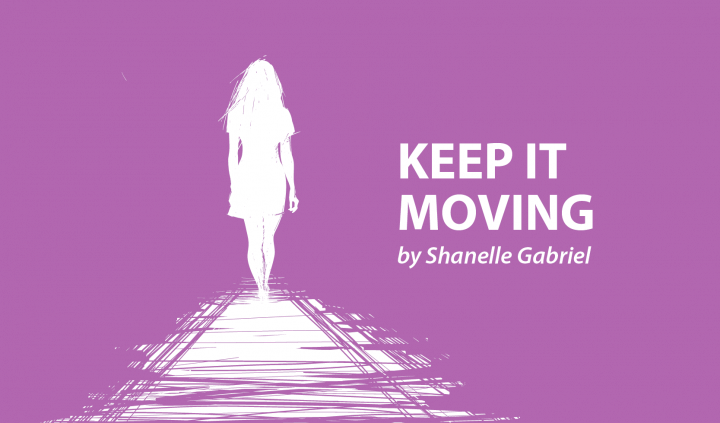Answering Questions and Activating Advocacy

A guy I was seeing took it upon himself to Google me. (Yes, I’m “Googleable.” Lol.) He tells me this over the phone while I’m folding clothes. It’s usually no secret that I perform. Most guys I date are very aware of that early on. He doesn’t linger on that for long.
“So, I read about your lupus … ” I freeze right in the middle of trying to fold a beautiful, but crazy complex blouse. I wait for him to ask if I can have kids or if I get sick often or if he’ll have to take care of me. He learned I have lupus because I put it out there for all to see, and at this moment, I get why lupus advocacy can be challenging for many people. It leads to questions from people in your personal life to which you may or may not know the answer.
Speaking publicly about having an illness can make you feel like everyone around has a preconceived idea about who you are. That said, I have a right to keep it to myself. But should I?
When I first was diagnosed, I told the people immediately around me, but it was strictly on a need-to-know basis. Once I opened up about it on a stage, I found out that:
(a) There were more people with lupus then I could’ve imagined.
(b) It was nice not to have to hide anymore even if everyone didn’t understand what it meant to have it.
(c) It forced me to actually know what my illness was and to educate myself.
(d) I was able to connect to a network of people living with, and bringing awareness to, this illness, which over time gave me more of a purpose than just taking medication.
I’ve gone on to speak on Capitol Hill about the importance of funding research, and I’ve been featured in Women’s Health magazine sharing my experience about living with chronic pain. Nothing means more than making sure a fellow Lupie knows that they are not alone in this battle.
I’m not saying you need to shout it from the mountaintops. I’m not saying speaking about your illness is a requirement. We all have our gifts, and for some of us, just having the courage to get out of bed makes us an inspiration. I do believe there’s power in numbers, though. I wonder what would happen if we all contributed to the conversation about this disease. Could it bring a global focus on life with lupus that may lead to more research, more support, and more awareness? Could it mean less time having to explain why I’m tired all the time or begging for jobs to allow me to work from home some days? What could your voice do?
I guess this leads to the “how.” How do you lend your voice to the lupus conversation? Look for local support groups, online social media collectives, and foundations. Reach out and ask how you can be an advocate. Visit your local politicians’ offices and ask them what they’re doing to help secure funding for chronic illnesses, research, public hospital systems, laws that protect people with disabilities, and healthcare access, and if they would like to help spread lupus awareness. Join in or start a lupus walk in your neighborhood. Something as simple as sharing information on your social media pages about what lupus is will help. Many of the lupus-specific organizations share graphics with facts on the disease. Nothing is too small.
So, I answer for the billionth time: “Yes, people with lupus can have kids. Yes, I get sick from time to time, and I have strategies on how to manage it. Yes, you might have to take care of me, but I’ve grown extremely proficient at taking care of myself.”
“However, I think you should focus more on making me want to keep you around long enough to worry about any of this.”
He smiles, and we shift the conversation. Our courtship didn’t last long, but I do know that if he ever dates someone else with lupus, I just spared whoever she is from the slew of questions. That’s one less person who doesn’t know what lupus is, and I’m grateful for that. I also got him to be a regular donor for my Walk to End Lupus Now team, so it’s still a win for me.







Gill Watson
Thank you for such an honest and informative article. I have lupus but fortunately, at this time, I am well. Like you, I self manage my life to accommodate my health needs.
I am an advocate for activity for everyone but especially those with chronic health problems. During an interview I stated that I had lupus. This was a deliberate attempt to highlight the fact that people with chronic health problems can remain active in sport when the resources and environment is suitable.
Thank you for your honesty and for sharing.